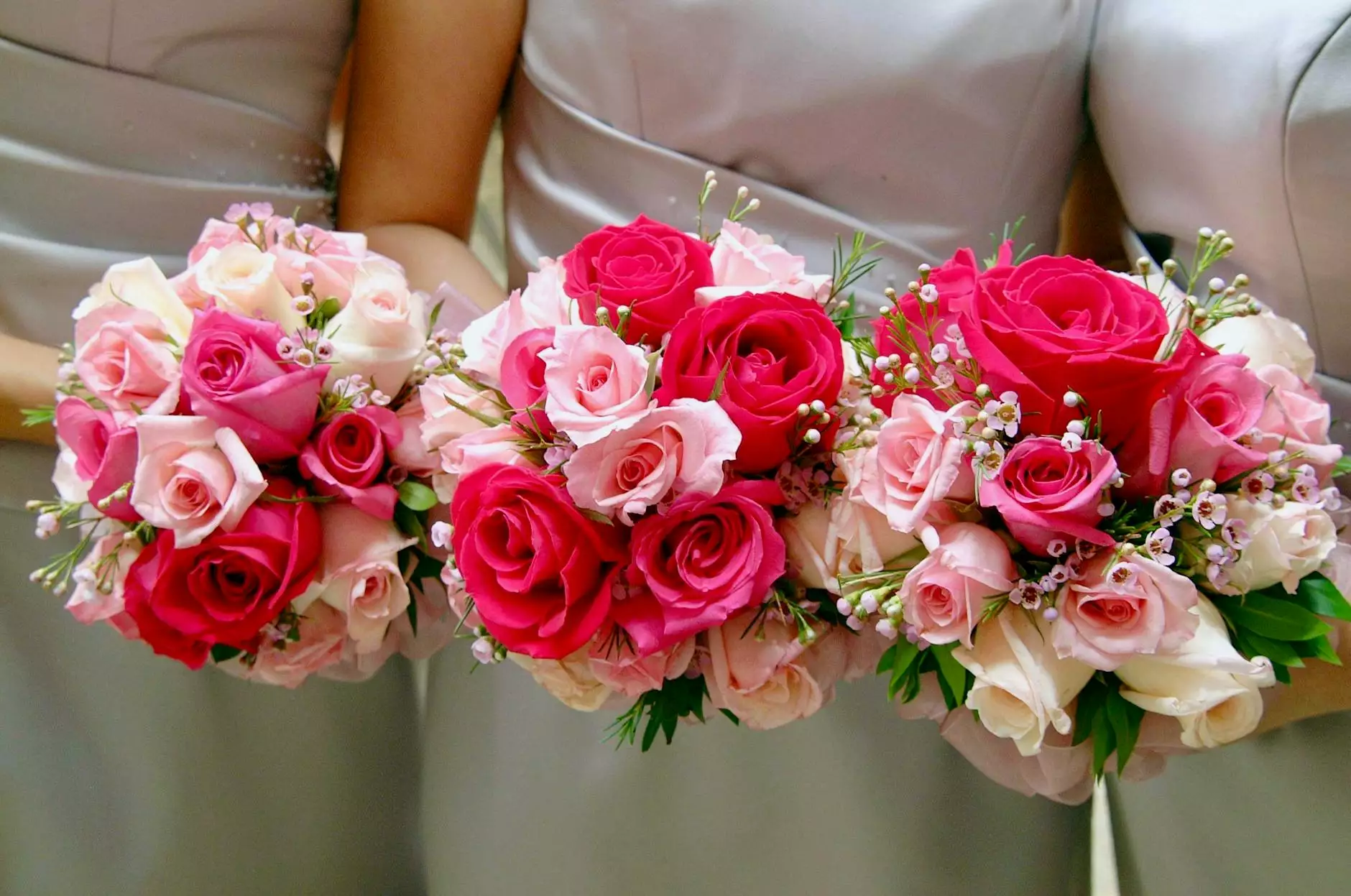Mastering the Art of Wedding Planning

Planning the perfect wedding can often seem like a daunting task. From selecting the right venue to curating a guest list that reflects your love story, the myriad of choices can overwhelm even the most organized of individuals. However, with a structured approach, wedding planning can transform from a stressful task into a delightful journey towards your special day.
The Importance of Comprehensive Wedding Planning
A well-executed wedding plan is crucial for ensuring that every element, from the intricate details to the big picture, falls into place seamlessly. Effective planning provides numerous benefits, including:
- Minimized Stress: Careful planning helps alleviate anxiety associated with wedding logistics.
- Budge Management: A structured plan enables you to allocate your resources efficiently.
- Timely Execution: Every timeline milestone is essential to maintaining momentum and progress.
- Creative Expression: A detailed plan allows couples to infuse their personalities into every aspect of their wedding.
Defining Your Wedding Style
Before diving into the logistics of planning your wedding, it is vital to establish a theme or style for the ceremony and reception. This step will guide many of your decisions moving forward. Consider the following popular themes:
- Traditional: A classic approach often featuring formal attire and timeless decor.
- Bohemian: An artistic and free-spirited vibe with eclectic details and natural elements.
- Modern: Clean lines, minimalist design, and contemporary color palettes are hallmarks of this style.
- Destination: Weddings that take place in a unique locale, incorporating local culture and scenery.
Establishing a Budget
One of the first and most important decisions you'll make is establishing a wedding budget. This financial framework will dictate many aspects of your planning process. Here’s how to get started:
- Determine overall budget: Decide how much you can realistically spend on your wedding.
- Allocate funds: Break your budget down by category (venue, catering, attire, etc.).
- Set aside contingencies: Always plan for unexpected expenses that may arise.
Choosing the Right Venue
The venue forms the backbone of any wedding. As you narrow down your choices, here are essential factors to consider:
Capacity and Layout
Make sure the venue can accommodate your expected guest count comfortably. Consider the layout and flow of the space for both the ceremony and reception.
Location
Choose a location that is convenient for your guests. Additionally, think about what backdrop fits your desired theme – whether it be a beach, vineyard, or historic estate.
Amenities
Check for essential amenities such as parking, restrooms, and accessibility to ensure your guests have a comfortable experience.
Assembling Your Vendor Team
With your venue in place, you’ll want to focus on assembling a reliable team of vendors who will bring your vision to life. Key vendors include:
- Catering: Choose a caterer who can create a menu tailored to your tastes and dietary restrictions.
- Photography: Select a photographer whose style resonates with you to capture the essence of your special day.
- Floral Design: Work with a florist to curate arrangements that align with your wedding theme.
- Entertainment: Whether you choose a DJ or live band, ensure they can provide a lively atmosphere for your guests.
Managing Your Guest List
Creating a guest list can be one of the most sensitive yet crucial elements of wedding planning. Here are a few tips for managing your list effectively:
- Communicate with your partner: Collaborate to determine who you both want to invite.
- Set a maximum number: Keep in mind your venue capacity and budget while curating your list.
- Be organized: Use spreadsheets or wedding planning software to keep track of RSVPs.
Designing Your Wedding Day Timeline
A comprehensive timeline is essential for a successful wedding day. Here are key components to include:
Preparation and Grooming
Outline when you and your wedding party will begin to get ready, factoring in time for hair and makeup appointments.
Ceremony Schedule
Detail the start time of the ceremony, the length, and any special rituals or readings included.
Reception Details
Ensure a smooth transition from the ceremony to the reception with a carefully crafted timeline that highlights key moments such as speeches, cake cutting, and dancing.
Incorporating Personal Touches
Your wedding should be a memorable reflection of your love story. Consider unique ways to incorporate personal touches into your celebration:
- Custom Vows: Write your vows for a more intimate and personalized ceremony.
- Unique Ceremony Rituals: Include special traditions that resonate with you and your partner.
- Personal Decor: Feature family heirlooms or photographs that hold sentimental value.
Final Details Before the Big Day
As you approach your wedding date, it's essential to confirm all details with vendors. A checklist can help ensure nothing is overlooked:
- Confirm RSVP Counts: Reach out to guests who have not yet responded.
- Meet with Vendors: Reconfirm details and timelines with each vendor.
- Prepare an Emergency Kit: Assemble a kit with essentials such as makeup for touch-ups, sewing kits, and snacks.
Your Dream Wedding Awaits!
Ultimately, wedding planning is about celebrating love and creating cherished memories. With careful planning and thoughtful detail, you can ensure that your day will be everything you've dreamed of and more.
Remember, it’s not just about the grand spectacle; it's about what the day represents - the love shared between you and your partner, surrounded by friends and family. Embrace the journey, and enjoy every moment of your wedding planning experience!
https://www.karlacasillas.com/








